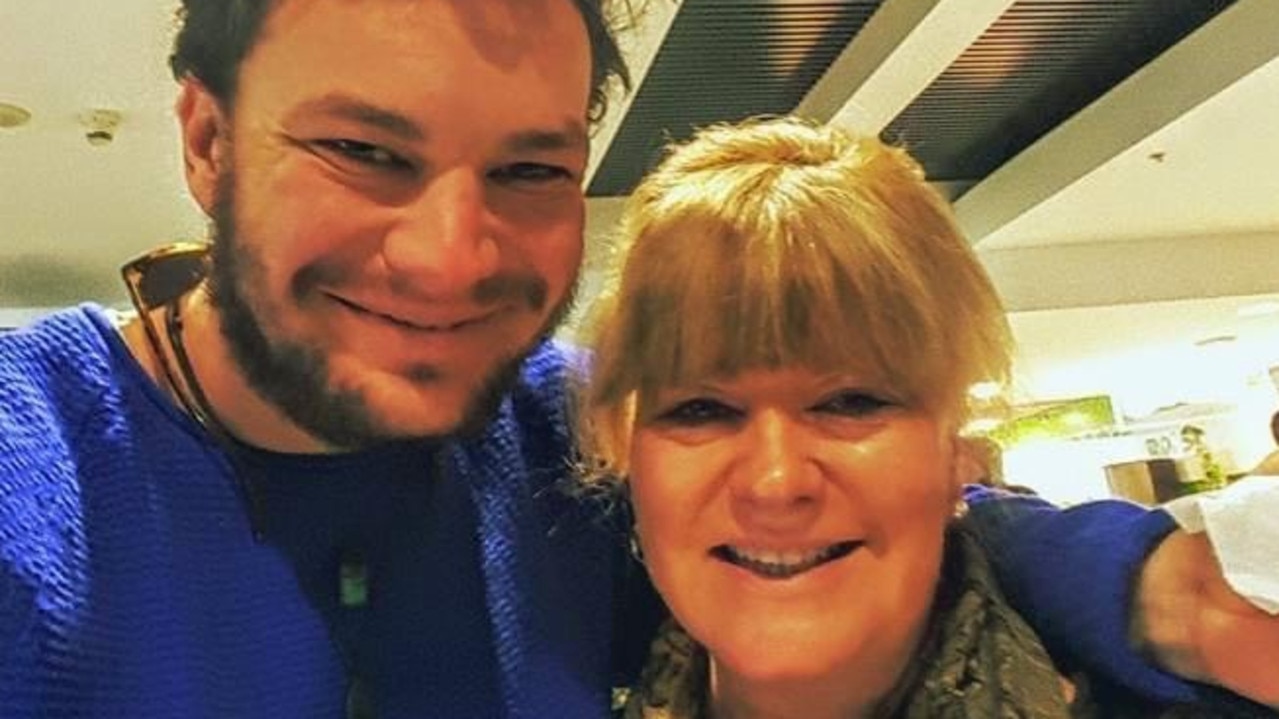‘I used old clothes and toilet paper instead of period products’: South Australia’s period poverty crisis
One in two girls report not having access to period products — one of those was Tammy Tonkin who remembers having to use old clothes and public restroom toilet paper to “get through”.
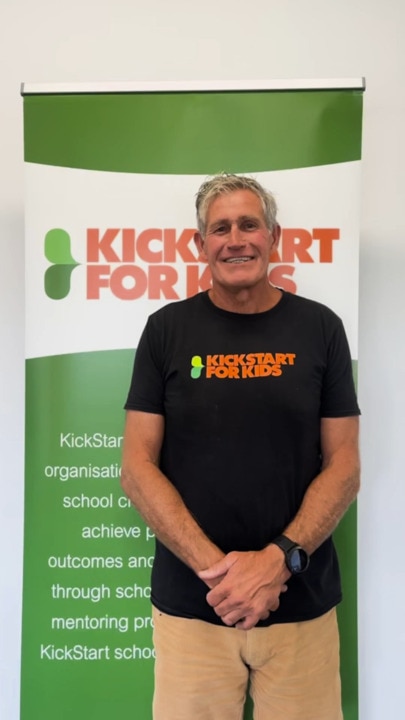
SA Weekend
Don't miss out on the headlines from SA Weekend. Followed categories will be added to My News.
When Tammy Tonkin’s period appeared her mother told her to use toilet paper from the public restroom because they could not afford to “waste their own”.
She was 11 years old.
“(I would use) old clothes or toilet paper, pretty much anything I could use to put in between my knickers just to get me through,” the now 49-year-old says.
“It was hard because I never knew it was coming.”
Tonkin did not know it then, but she would later discover that her period would come every two weeks.
“Everyone was saying that they had their period every month, and I was like, ‘Oh I must be different’ so I kept to myself,” she says.
When she was 13 years old a doctor told her she had endometriosis.
“The doctor couldn’t really tell me much about it, except for that it was an old person’s disease,” the Greenacres woman says.
“13-year-olds didn’t get diagnosed with it back then, it was always people much older, so I felt very alone.”
Tonkin’s condition meant she was getting her period more regularly than normal and she didn’t have access to period products to manage it either.
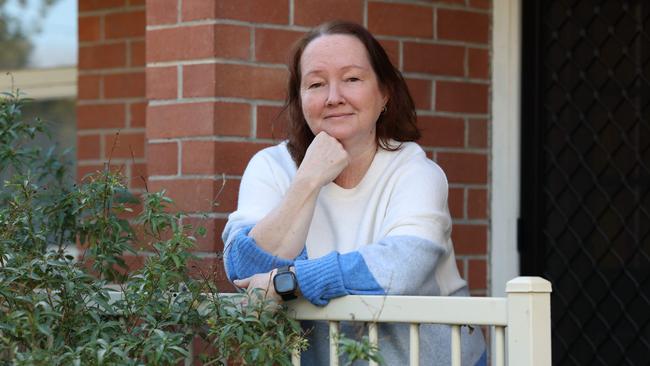
She says the only time she ever had access to a pad was when a friend gave her one.
“I would try and use it for as long as possible,” she says.
Dealing with period poverty was very difficult for Tonkin.
“I would just cry for days,” she says.
“I wouldn’t go to school because I was just embarrassed, I just pretty much shut myself away. “It wasn’t a nice time in my life, and I couldn’t explain it to anyone because I didn’t really understand it myself.”
Tonkin says her PE teacher thought she was lazy because she was unable to explain to him that her family was unable to afford to buy pads or tampons.
“I couldn’t really do PE because it would leak, not having the sanitary pads to keep everything in place so I would always skip school and I just didn’t want to be there,” she says.
Tonkin says not having access to period products really restricted her from not only accessing her education to the fullest extent but also from living life.
She says socialising with friends was difficult – she couldn’t go to parties or have sleepovers.
“It just restricts you from so much, even sitting in class, you feel so uncomfortable because you think you’re going to start bleeding any time … it can be quite embarrassing,” she says.
Eventually at 16-years-old, Tonkin moved out of home into emergency housing and started to receive Centrelink payments through Austudy.
“I was able to afford products then,” she says.
“It was the first time in my life where everything was turning out okay.”
She says having period products was “life changing”.
“I could go out and do things and not feel like I had to rush off,” she says.
“It was a relief.”
She had the confidence to continue school and go on to study at TAFE. She went on to become a chef – something she’s been for decades now.
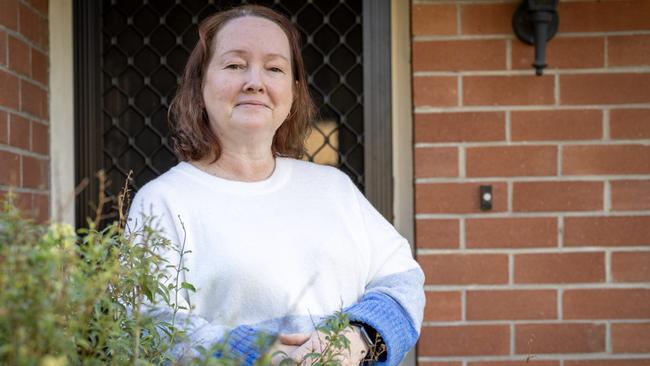
A survey conducted by the South Australian Office of Commissioner for Children and Young People found one in four girls missed out attending school due to not having access to feminine hygiene products.
One in two reported not having access to products or not knowing how to get access to products at school.
In 2021, the South Australian government pledged $450,000 over three years to provide these products to girls in schools from year five onwards – this covered only 1250 young women annually, leaving a gap of thousands of girls without access.
Kickstart for Kids launched a period poverty program in 2021 in which sanitary items would be distributed to schools involved in their School Breakfast Program.
These programs followed a 2019 report by the Commissioner for Children and Young People which revealed that 74 per cent of schools believed that access to sanitary products was an issue for their students.
In an additional 2020 report, 26 per cent of participants missed school because their families couldn’t afford sanitary items and many students reported feeling embarrassed about having their period due to the stigma surrounding periods.
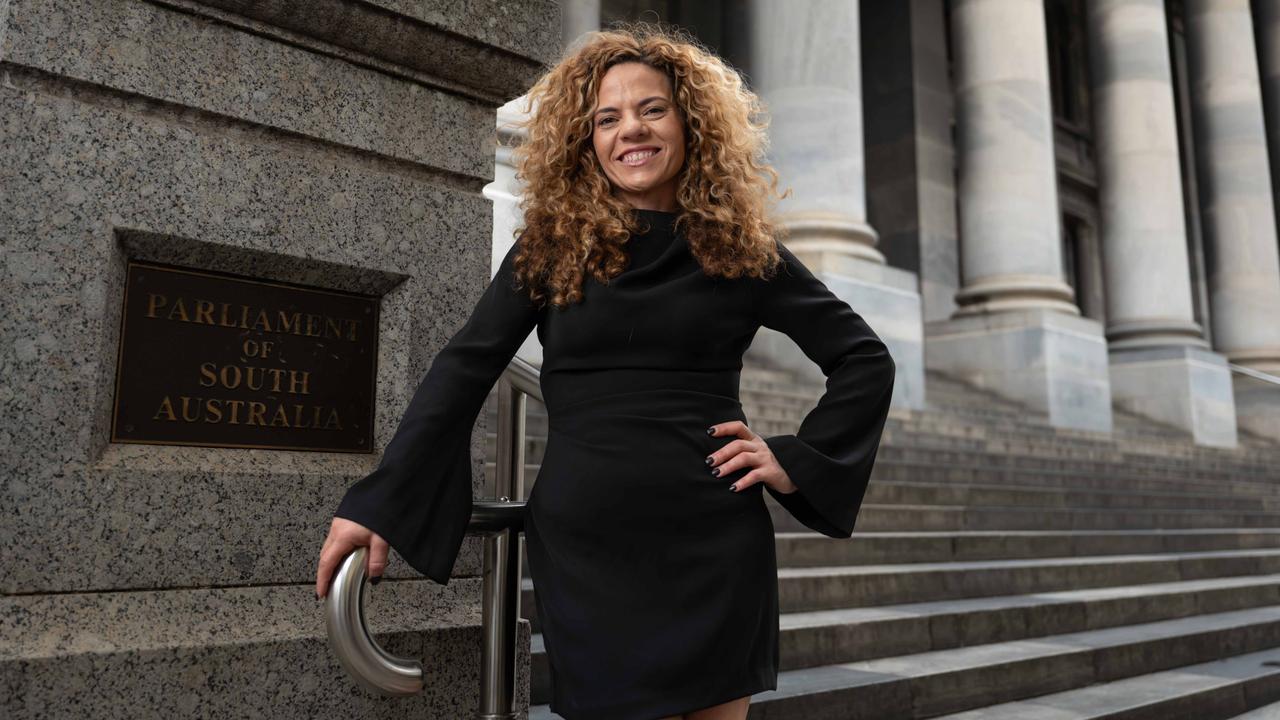
Connie Bonaros MLC has put a bill before parliament to ensure period products are made available in all public buildings in South Australia – to mimic legislation in Victoria.
“It’s a matter of dignity,” she told SA Weekend.
“You can’t have gender equality without universal access to period products.”
She says it is “inconceivable” that any child wouldn’t have access to sanitary products and it is an “indictment on society as a whole”.
“It just baffles me that it has taken this long to be having this discussion in a state and a country as rich as ours,” she says.
“We know that we have this increasing cost of living crisis, we have families who are making the difficult choice between whether to buy a packet of period products or a loaf of bread and litre of milk for their kids.”
Bonaros says that the fact Kickstart for Kids identified the gaping hole through their breakfast program, where they feed students whose families are unable to provide them breakfast or lunch at schools shows that.
“It shouldn’t fall upon any organisation or charity to be filling this sort of gap,” she says.
“We are doing so well on so many fronts in South Australia and yet we’re failing abysmally on this front and that is, in my view, a tragedy.”
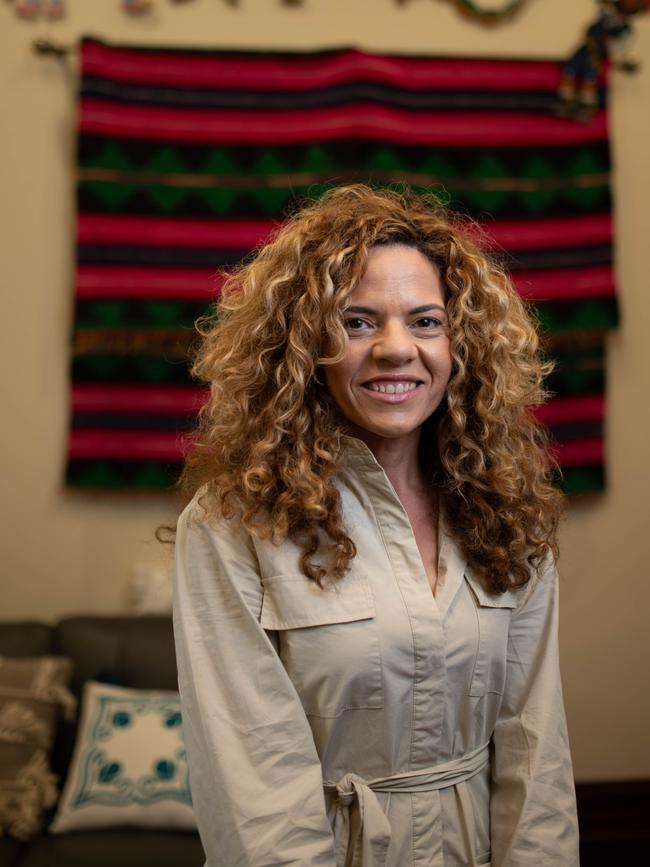

The SA-Best MP says the issue of period poverty is a gendered issue.
She says, as a state, we took control to tackle covid by quickly having access to hand sanitiser during the pandemic – an example of how we can act when we need access to particular products.
“But period products for young girls are not accessible, or not readily accessible at schools and other places,” she says.
“A huge proportion of these young girls are already living in poverty, generally speaking, it is compounded by period poverty, and it is something that is likely then to follow them all the way through to adulthood.
“No girl should be left behind in terms of her education, her learning, her ability to play sport and participate in all the other activities that boys would because of their period.”
Kickstart for Kids distributes over 1500 packets of sanitary items every month to more than 200 local and regional schools, however demand is constantly increasing.
The charity holds an annual fundraiser at SkyCity each year to coincide with the UN World Menstrual Hygiene Day and always accepts donations to the cause.






